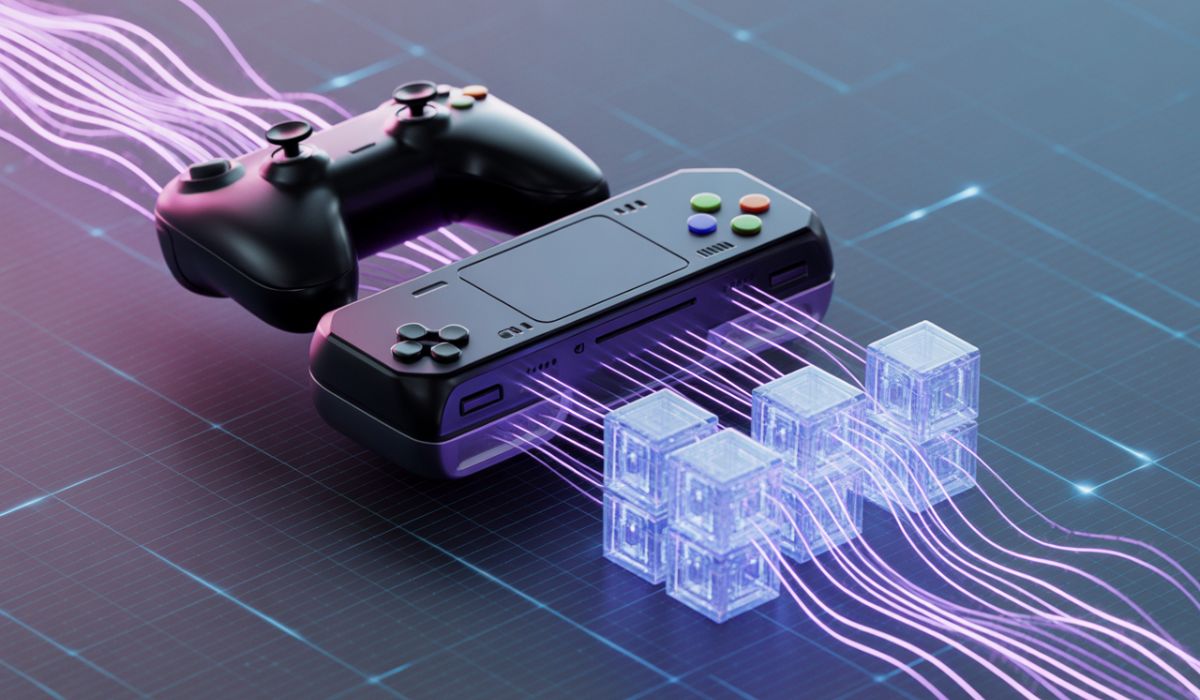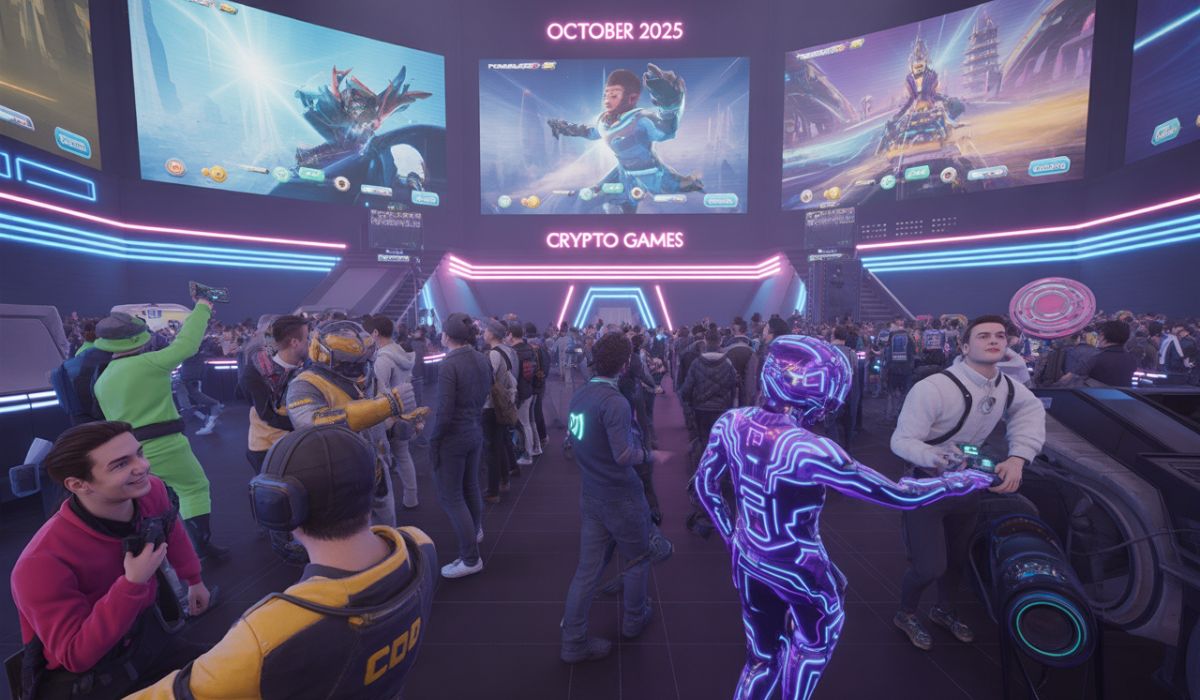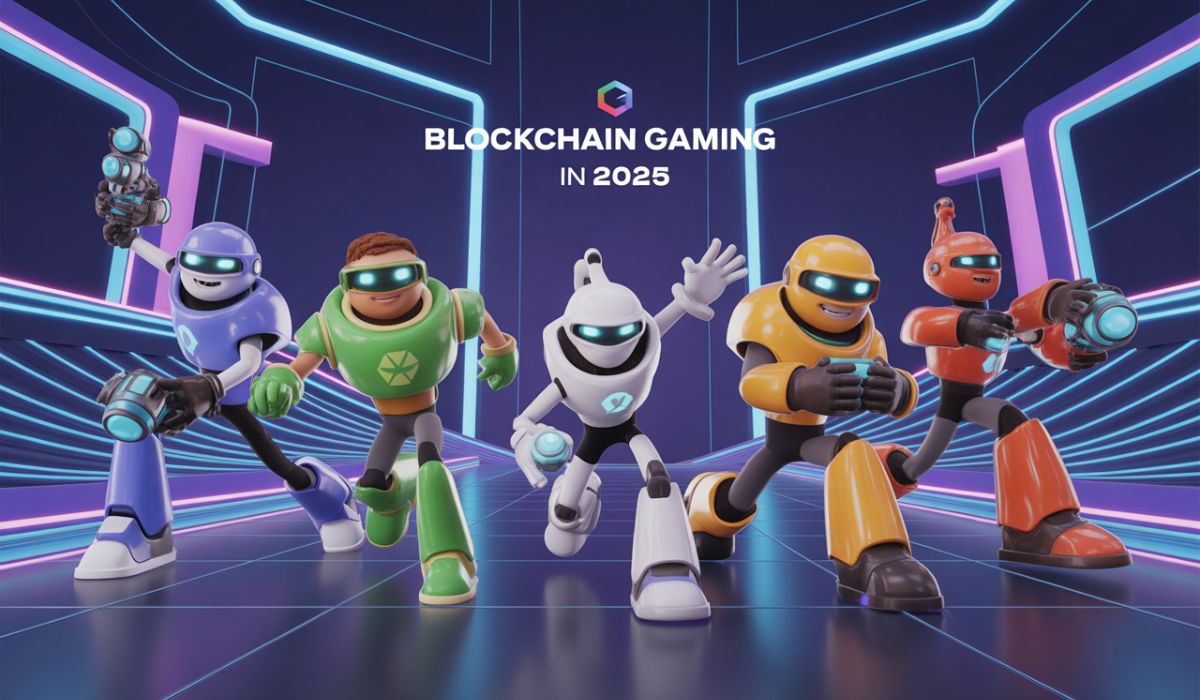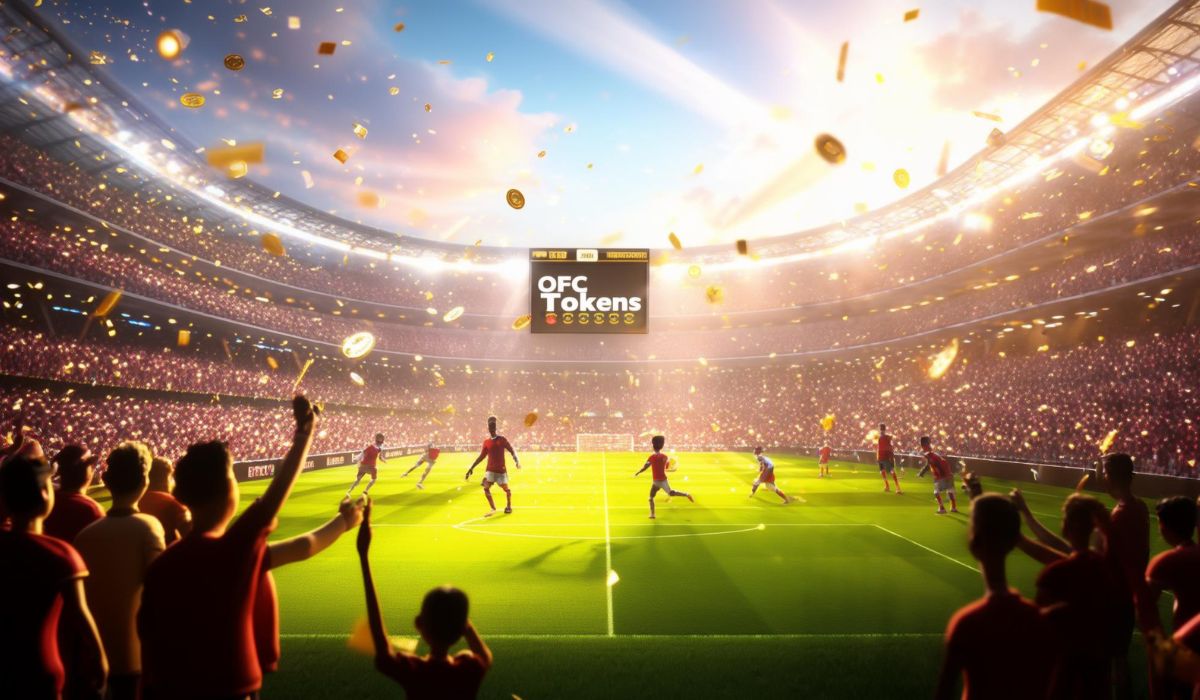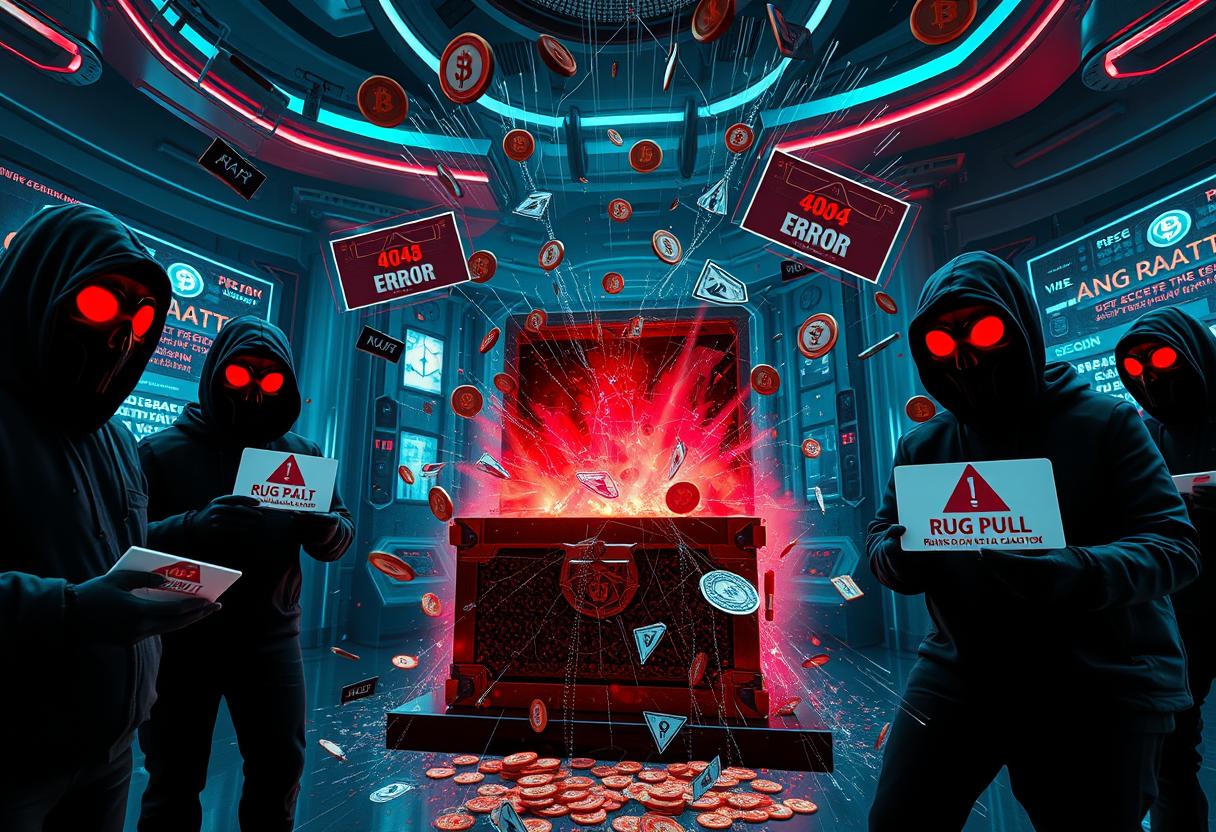
The Rise of Crypto Games Hack: A Growing Concern
The world of crypto gaming has always been a fast-paced and electrifying industry, with new developments happening every day. However, nothing has shaken this digital frontier more than the recent wave of cyberattacks targeting blockchain-based games. As hackers find new ways to exploit vulnerabilities in crypto games, the industry faces a crisis that has left both gamers and investors scrambling for solutions. The decentralized and largely unregulated nature of crypto gaming, once its greatest strength, has now become its Achilles’ heel. With millions of dollars lost to hacks, scams, and fraudulent schemes, it’s clear that the wild west of blockchain gaming is facing its toughest challenge yet.
In the past few years, crypto gaming has surged in popularity, bringing with it an influx of new players eager to explore play-to-earn (P2E) opportunities. Games like Axie Infinity, The Sandbox, and Decentraland have built massive economies where digital assets hold real-world value. However, this financial integration has made them prime targets for hackers looking to exploit weak security systems. Unlike traditional gaming, where centralized authorities can intervene in the case of fraud, blockchain games rely on smart contracts and decentralized finance (DeFi) protocols, which are often difficult to secure.
Recent cyberattacks on major crypto games have resulted in staggering losses. The Ronin Network, which powers Axie Infinity, suffered a $600 million hack, one of the largest in blockchain history. Similar incidents have targeted other gaming platforms, with hackers stealing NFTs, in-game currencies, and player wallets. These attacks expose significant vulnerabilities in blockchain technology and raise concerns about whether the industry can provide a safe gaming experience.
How Hackers Are Exploiting Crypto Games
Hackers employ a variety of methods to break into crypto gaming platforms, each one more sophisticated than the last. One of the most common techniques is exploiting weaknesses in smart contracts. Poorly written or unaudited smart contracts can contain loopholes that hackers manipulate to drain funds from players’ wallets or the game’s liquidity pools. Once funds are stolen, tracking and recovering them becomes nearly impossible due to the anonymous nature of blockchain transactions. Another prevalent method is phishing scams. Many unsuspecting players fall victim to fake websites, malicious links, or fraudulent Discord servers that trick them into revealing their private keys. Once hackers gain access to these credentials, they can empty digital wallets within seconds. Additionally, rug pulls—where developers abandon a project after collecting investments—continue to plague the industry, leaving players with worthless digital assets.
The Aftermath: How Players and Developers Are Responding
The rise of crypto game hacks has caused an uproar within the gaming community. Players who have invested time and money into these platforms are demanding stricter security measures and better protection of their assets. Some have withdrawn from crypto gaming altogether, fearing that their investments are no longer safe. Others have taken a more cautious approach, avoiding newer or unverified projects and relying only on established platforms with stronger security measures. Game developers, on the other hand, are facing immense pressure to fortify their systems against attacks. Many are now conducting rigorous smart contract audits, employing cybersecurity firms to detect vulnerabilities before they can be exploited. Some gaming platforms have also started offering insurance for player funds, allowing users to recover a portion of their losses in the event of a security breach. However, these measures are not foolproof, and many players remain skeptical about the long-term safety of crypto games.
Regulation vs. Decentralization: The Ongoing Debate
One of the biggest challenges in addressing crypto game hacks is the lack of regulatory oversight. While traditional gaming companies operate under strict financial and consumer protection laws, crypto games function within a largely unregulated space. This decentralized approach has allowed for greater innovation and financial opportunities but has also created an environment where scams and security breaches run rampant. Some industry experts argue that regulation is necessary to protect players and stabilize the market. They advocate for implementing KYC (Know Your Customer) protocols, licensing requirements for gaming platforms, and stricter penalties for fraudulent activities. However, hardcore blockchain enthusiasts oppose these measures, fearing that regulation will compromise the very principles of decentralization that make crypto gaming unique. Finding a balance between security and freedom remains one of the most contentious issues in the industry.
Read More: Cyberpunk RPGs in Web3: Hack, Slash, and Earn in Futuristic Worlds
Protecting Yourself in the World of Crypto Gaming
While game developers work on improving security, players must also take steps to protect themselves from falling victim to hacks. One of the most crucial measures is securing private keys. Players should store their crypto assets in hardware wallets rather than keeping them in online exchange accounts or in-game wallets that can be easily compromised. Conducting thorough research before investing in a game is another essential precaution. Players should look for projects with strong security track records, active development teams, and third-party audits. Avoiding too-good-to-be-true promises—such as guaranteed returns on in-game investments—can also help players steer clear of scams. Additionally, enabling two-factor authentication (2FA) on all accounts and being wary of unsolicited messages or links can prevent phishing attacks.
The Future of Crypto Gaming: Can It Survive the Crisis?
Despite the chaos caused by crypto game hacks, the industry is far from dead. Many believe that these security crises will ultimately lead to a stronger, more resilient gaming ecosystem. As developers refine security measures and adopt new technologies to prevent breaches, the next generation of crypto games could emerge with far more robust protections in place. One potential solution lies in Layer 2 scaling solutions, which aim to reduce transaction fees and increase security. Technologies like zk-rollups and optimistic rollups could offer safer ways to process transactions while maintaining decentralization. Additionally, the development of AI-driven security systems may provide automated threat detection, preventing hacks before they happen. Another major factor in the future of crypto gaming is how mainstream gaming companies choose to interact with blockchain technology. Major studios like Ubisoft and Square Enix have already expressed interest in blockchain gaming, but security concerns may slow their adoption. If larger companies enter the space with well-established cybersecurity measures, they could help set new industry standards that make crypto gaming safer for everyone.
Final Thoughts : A Critical Moment for Crypto Gaming
Crypto gaming stands at a crossroads, facing one of the biggest challenges in its short but eventful history. While the recent wave of hacks has cast a shadow over the industry, it has also forced developers and players to rethink their approach to security. If the industry can adapt and strengthen its defenses, crypto gaming has the potential to evolve into a safer, more mainstream form of entertainment. However, if security remains an afterthought, the current crisis could push players away and slow down the adoption of blockchain-based gaming altogether. For now, the best thing players can do is stay informed, stay cautious, and demand better security from the games they invest in. Crypto gaming has always been about innovation, and if the industry can rise to the challenge, it may yet overcome this crisis and emerge stronger than ever.






